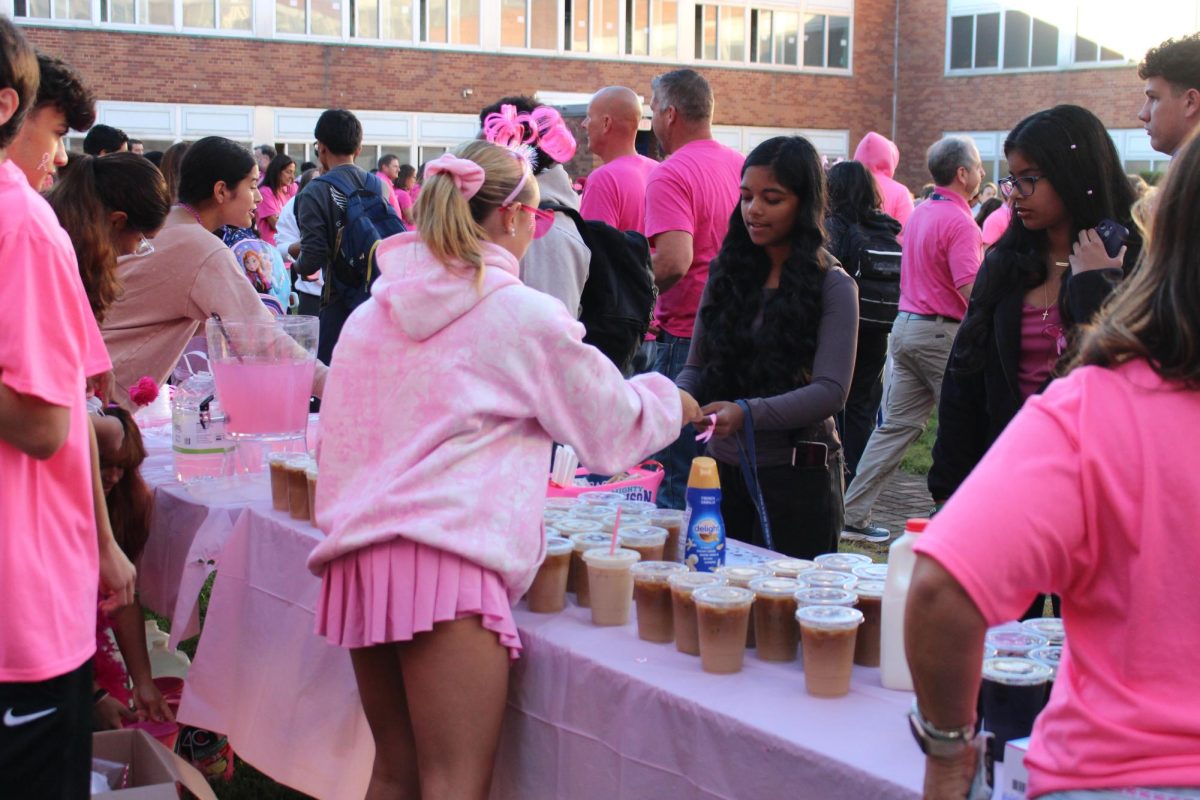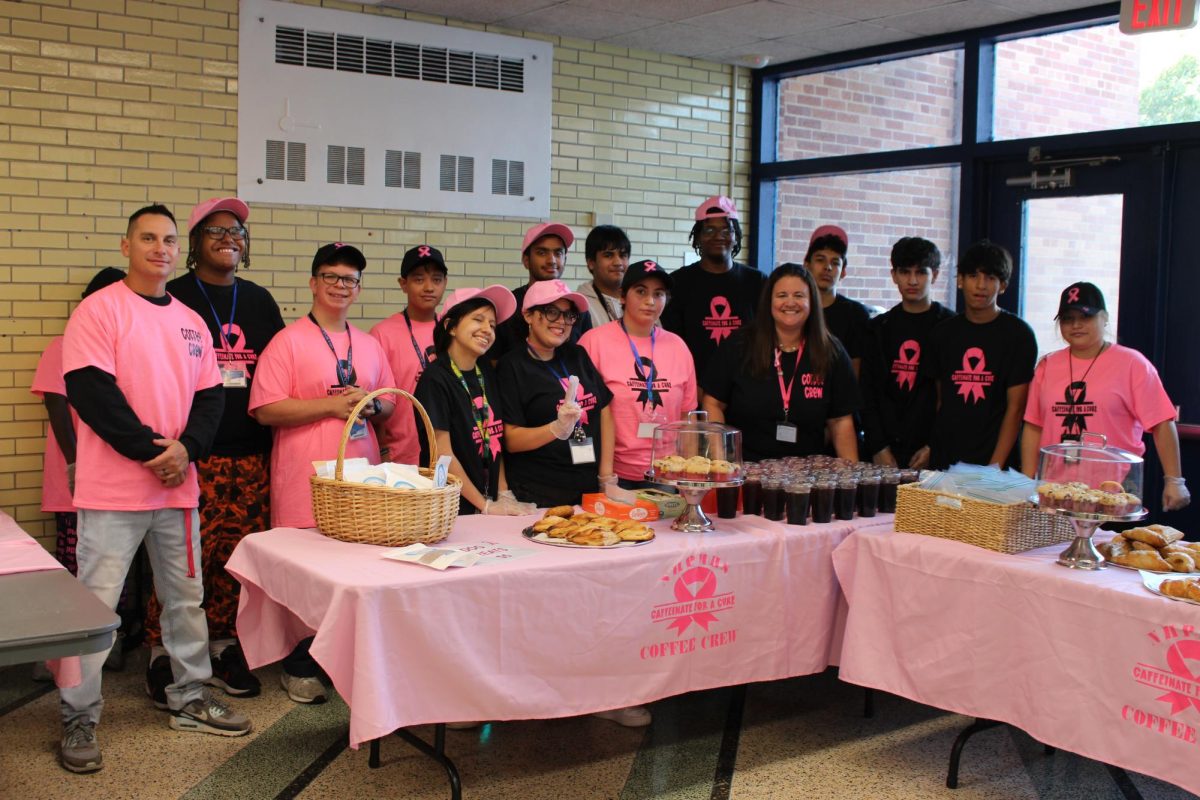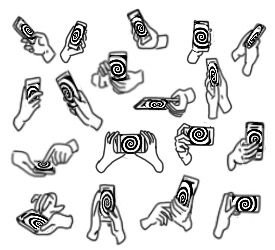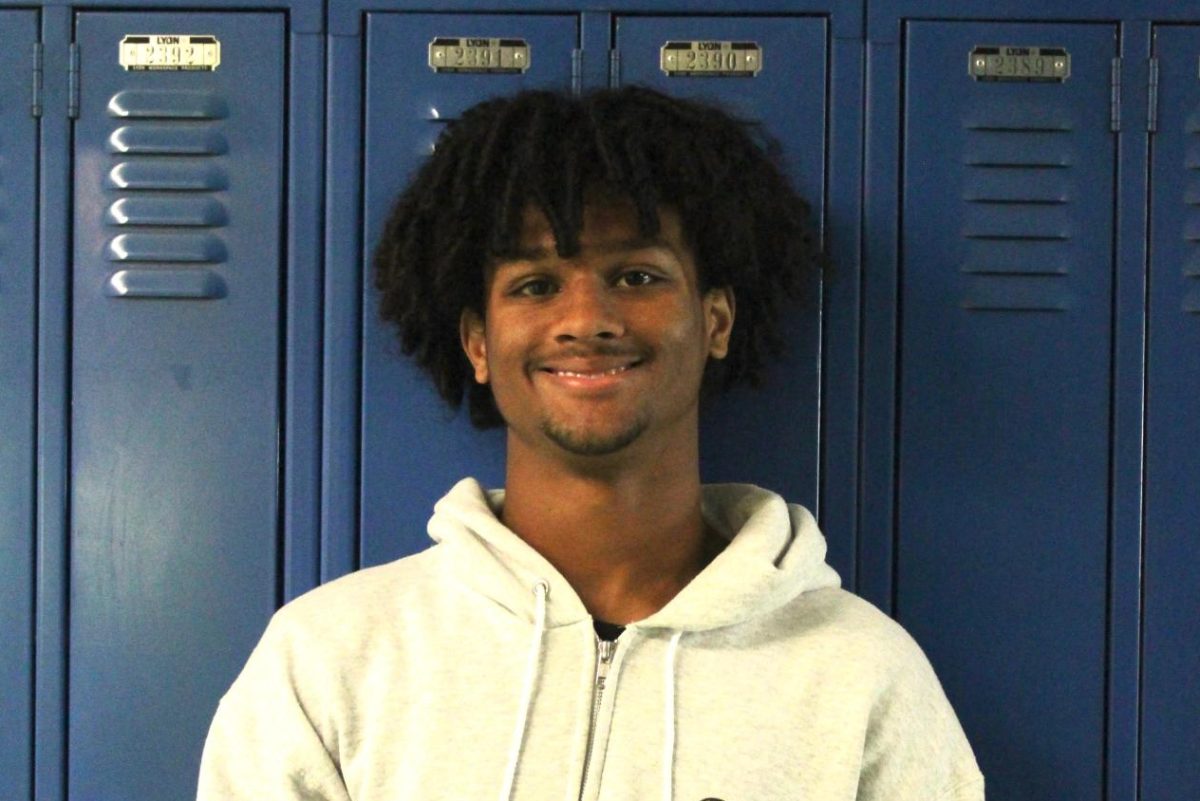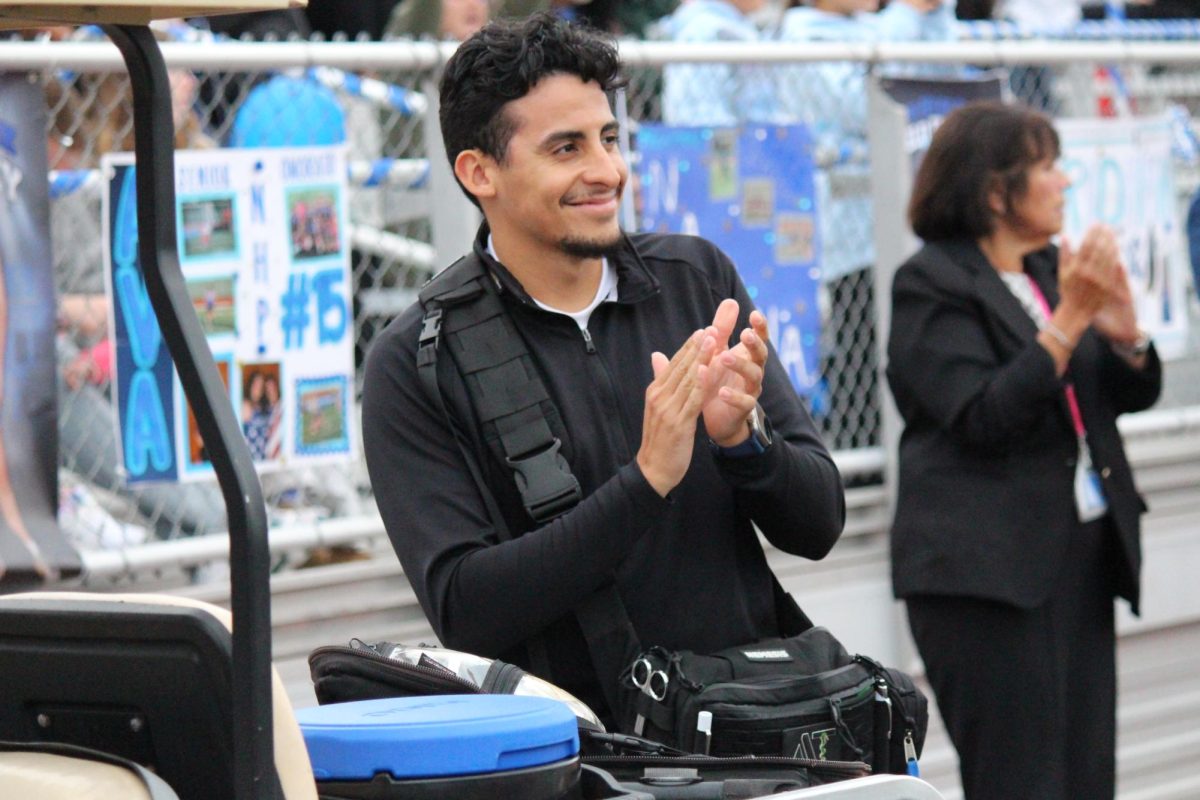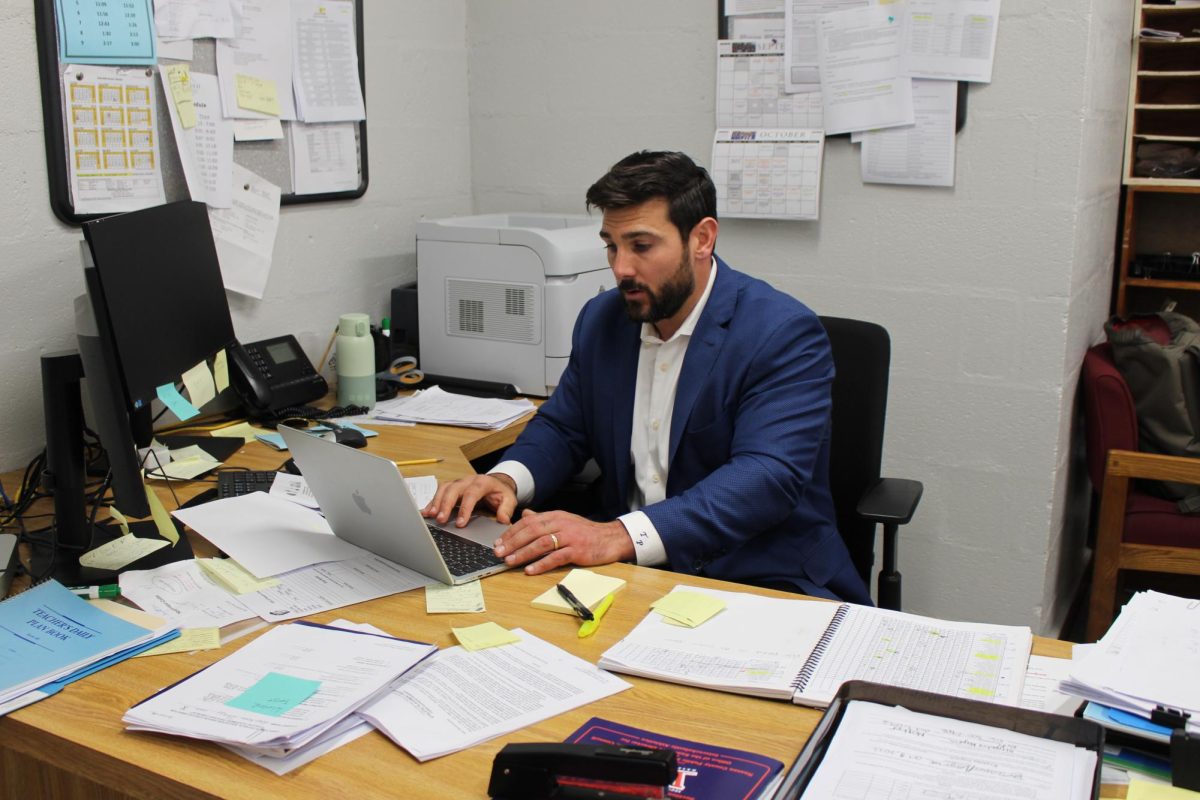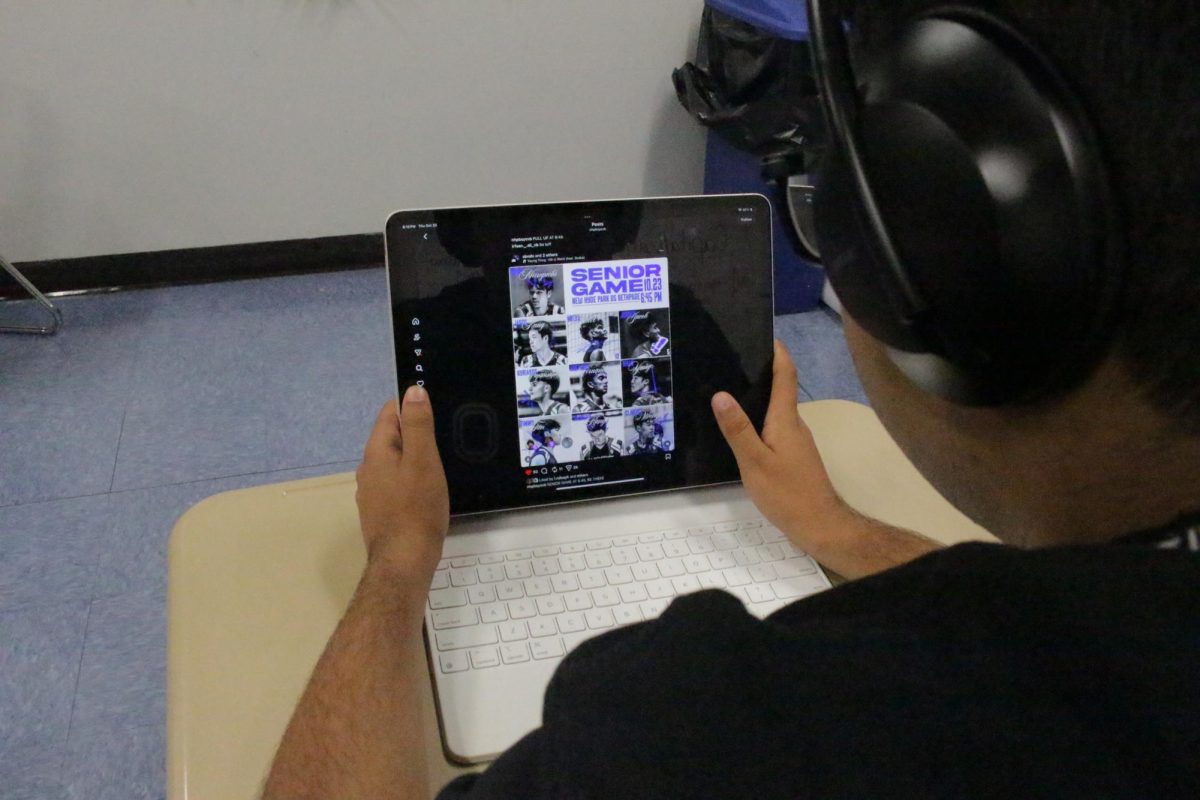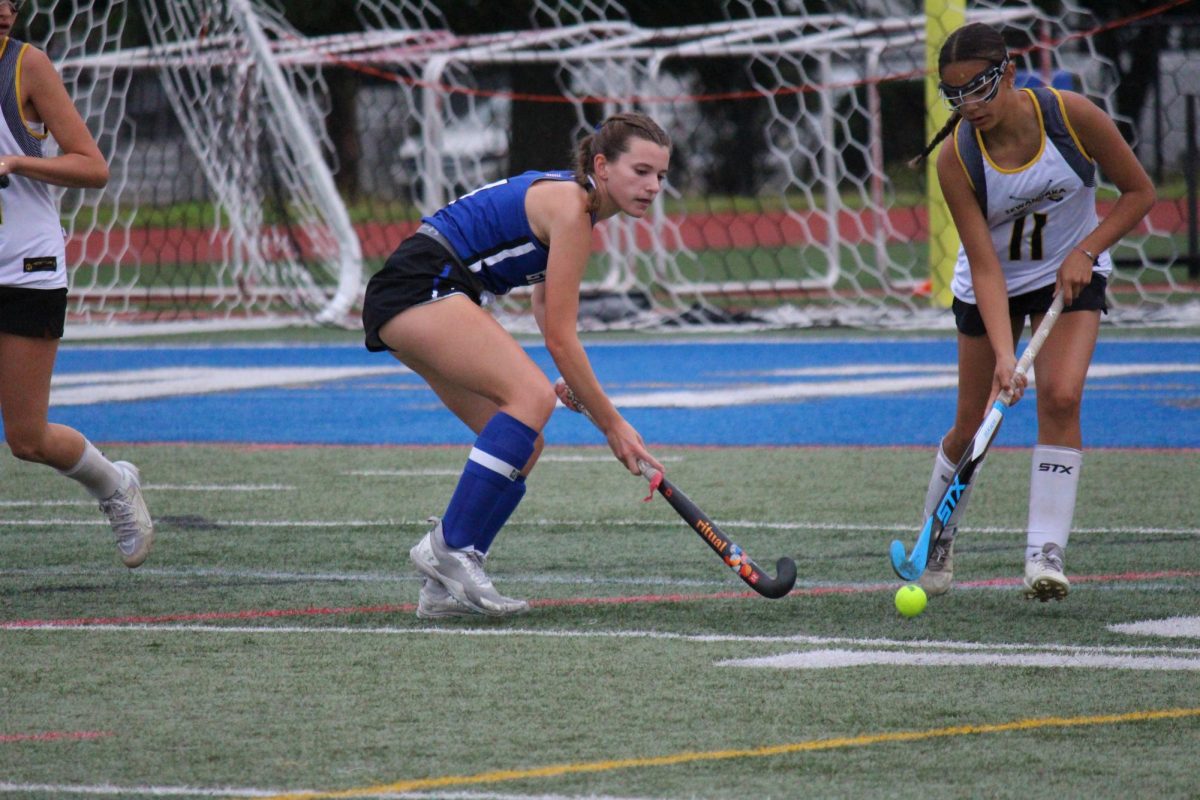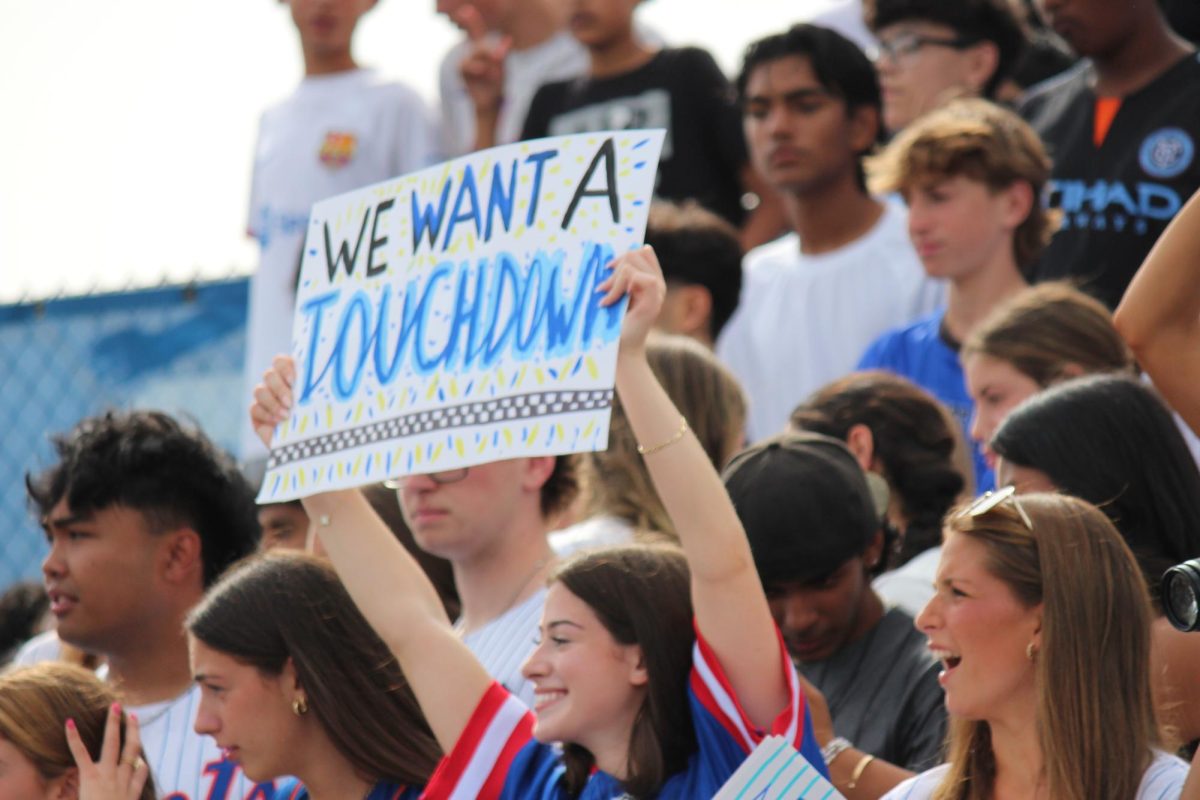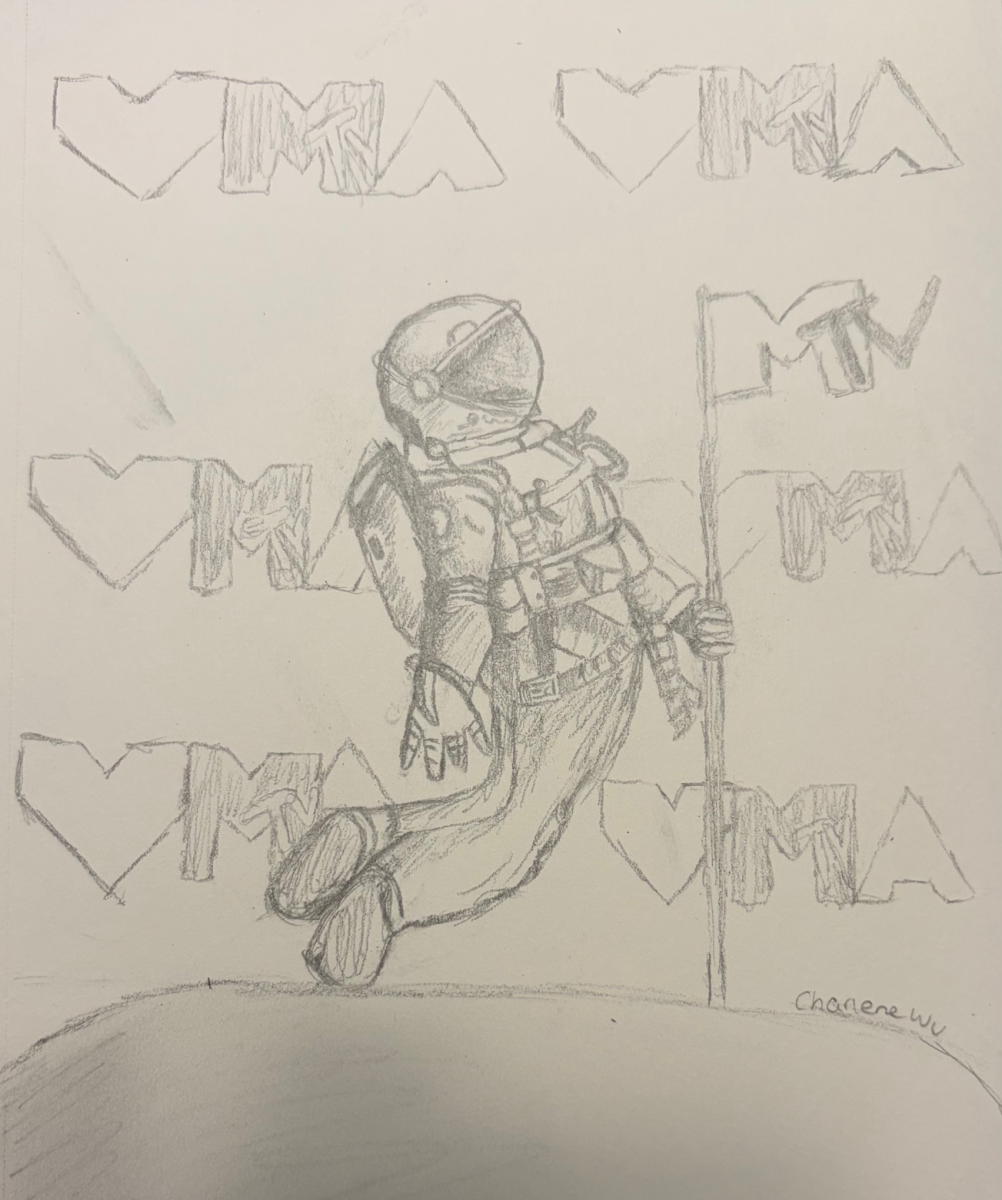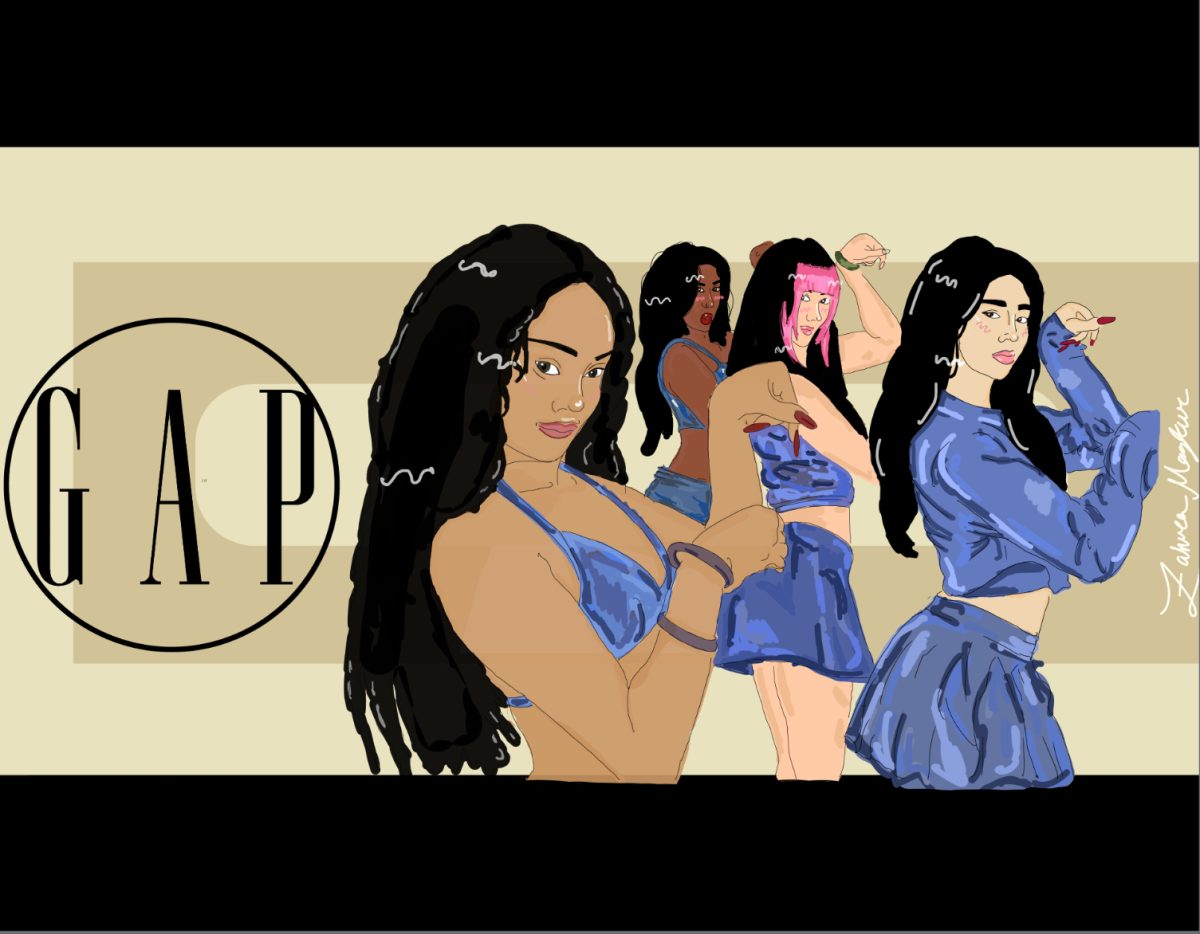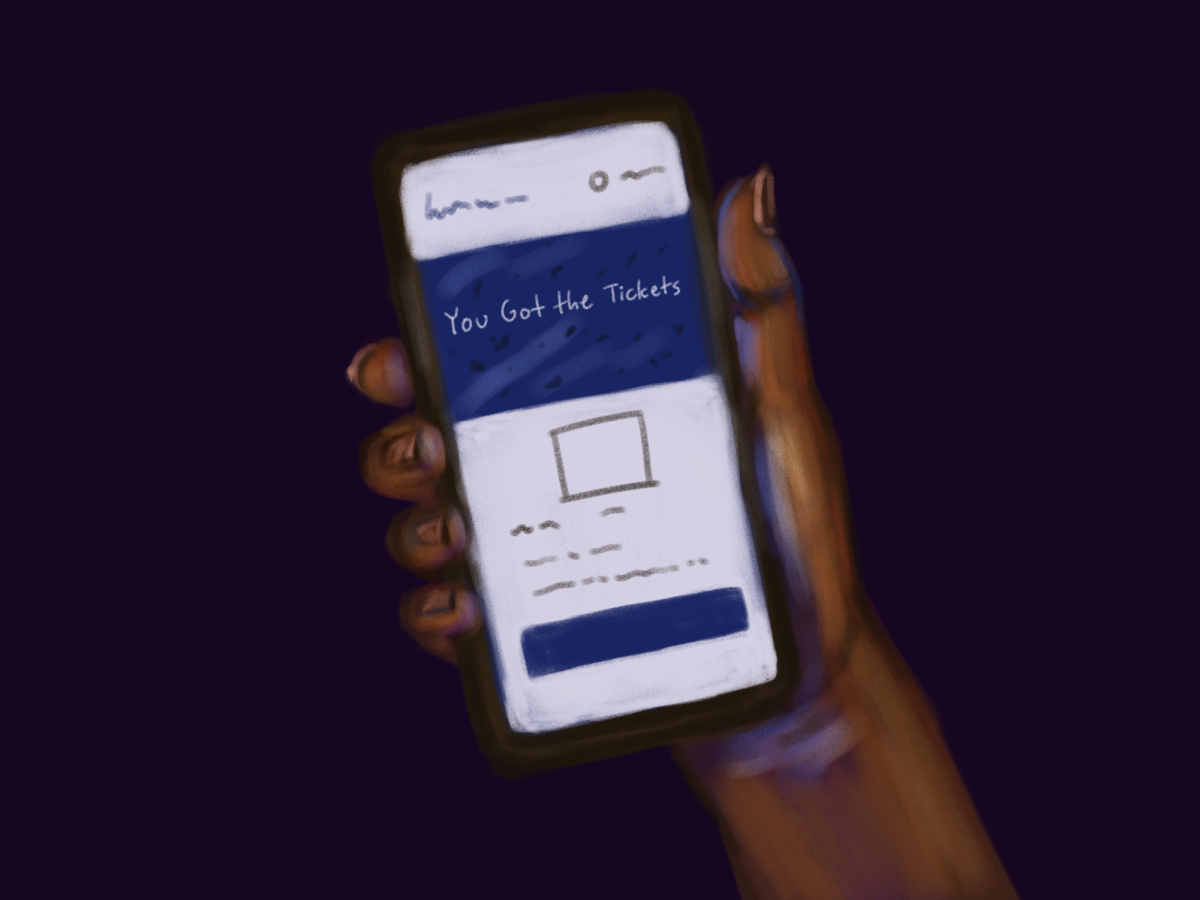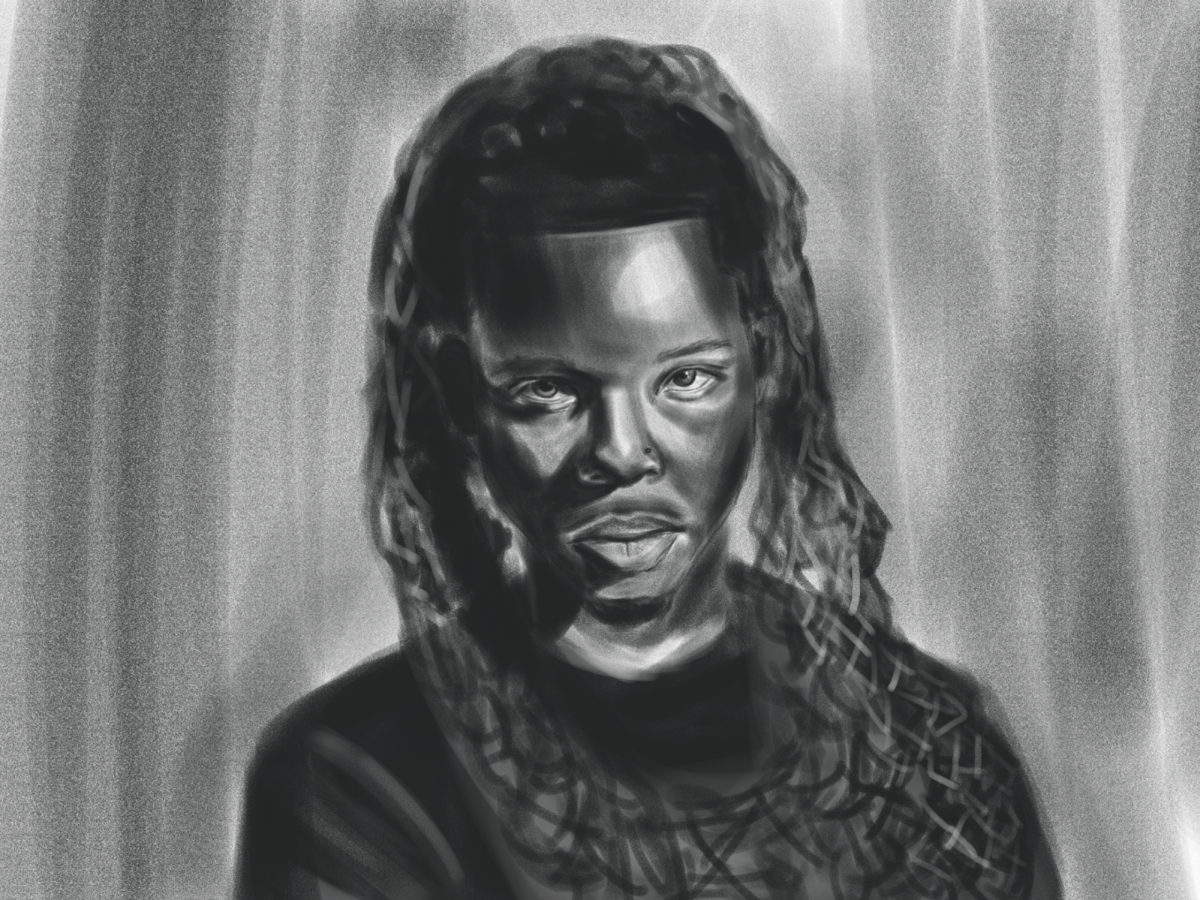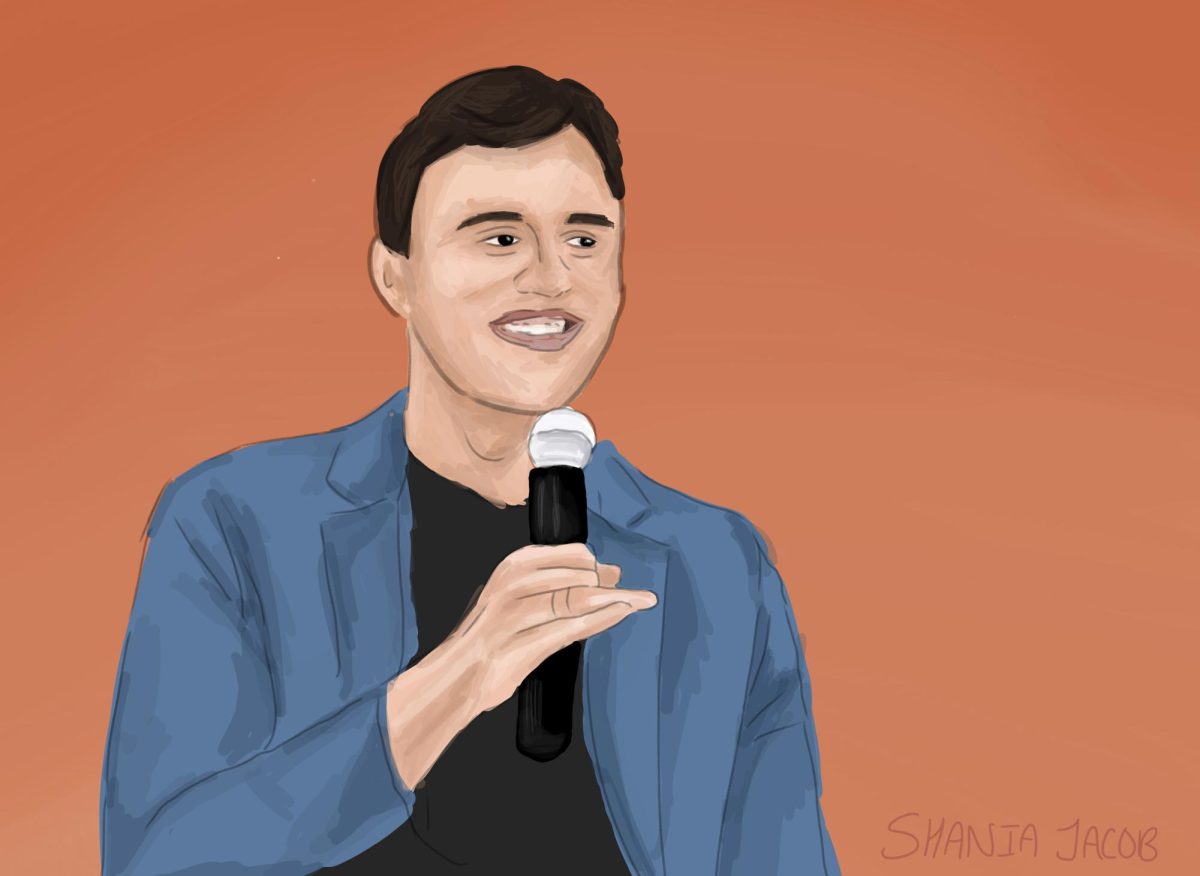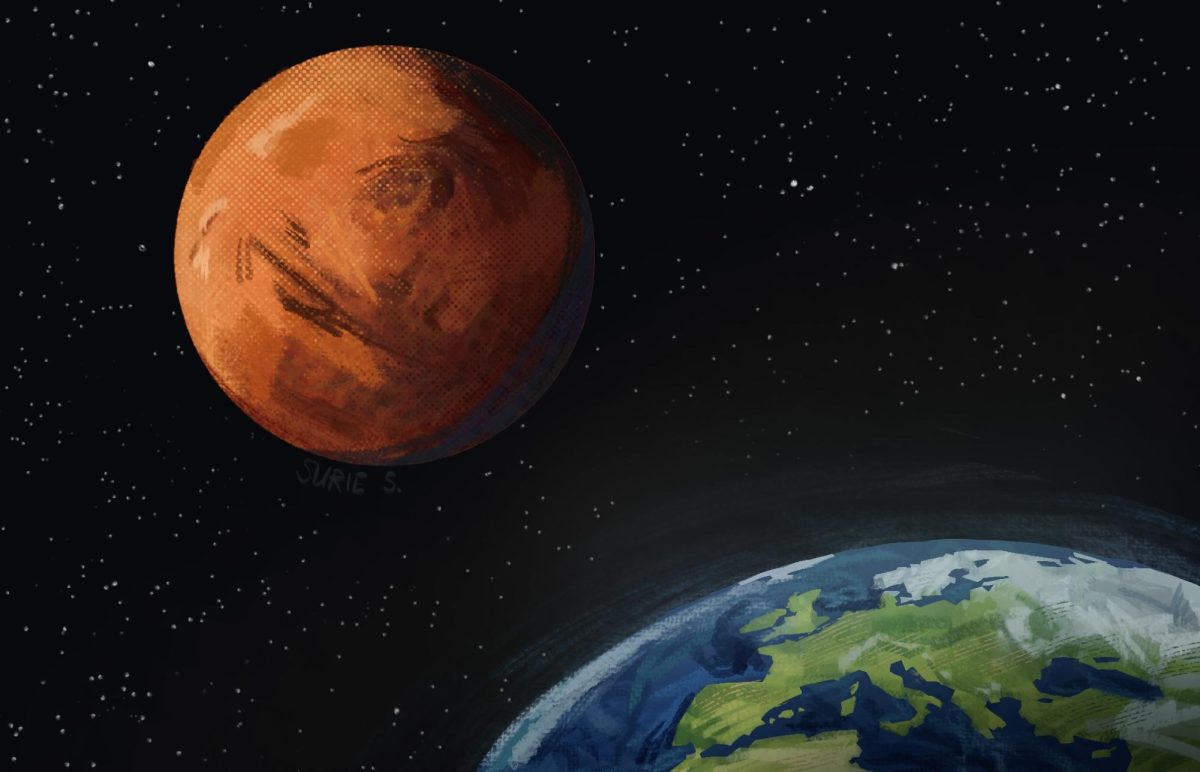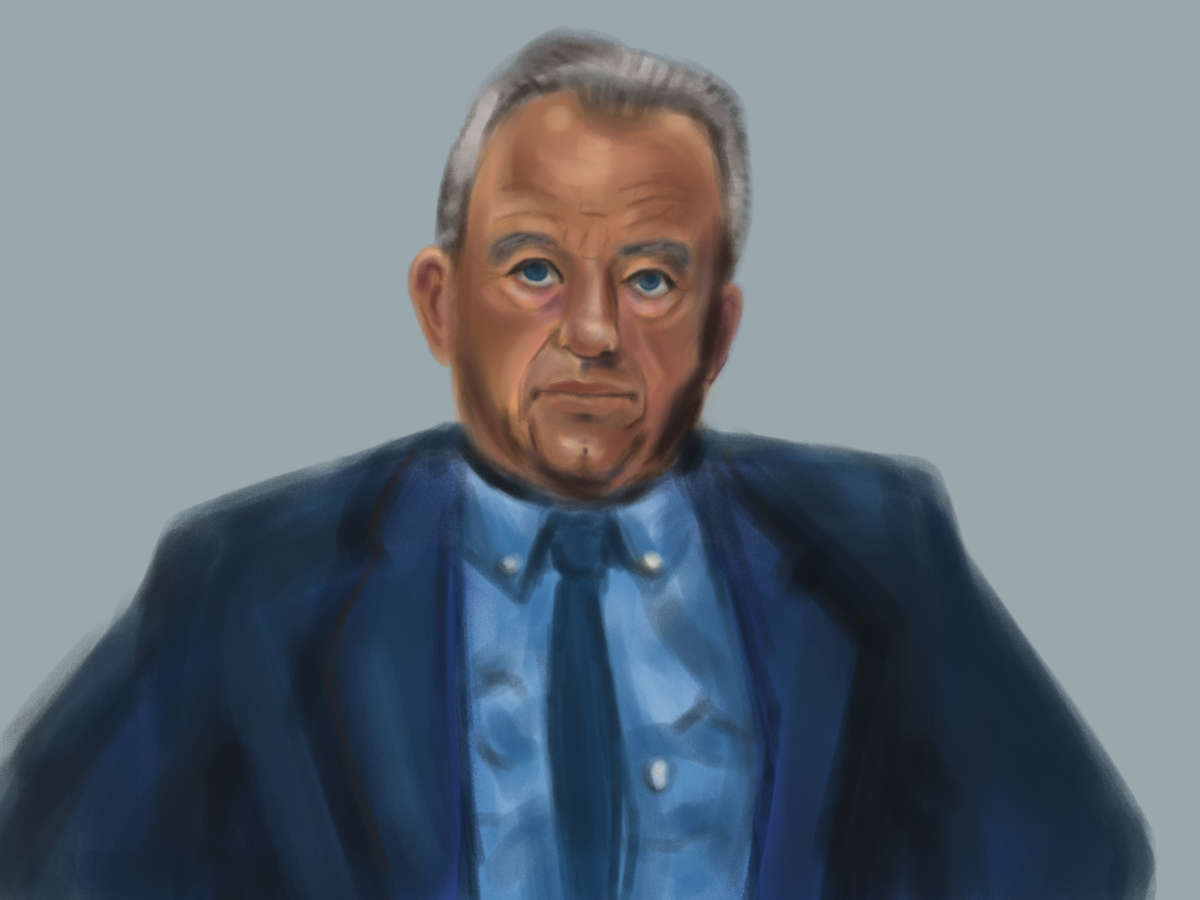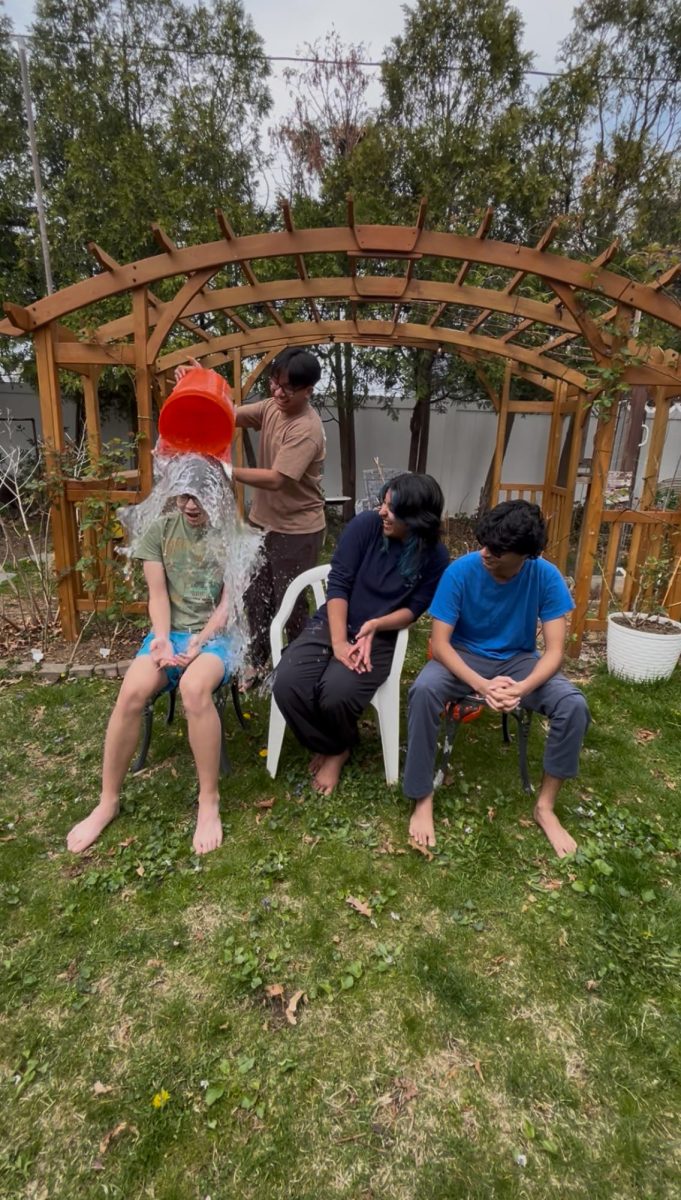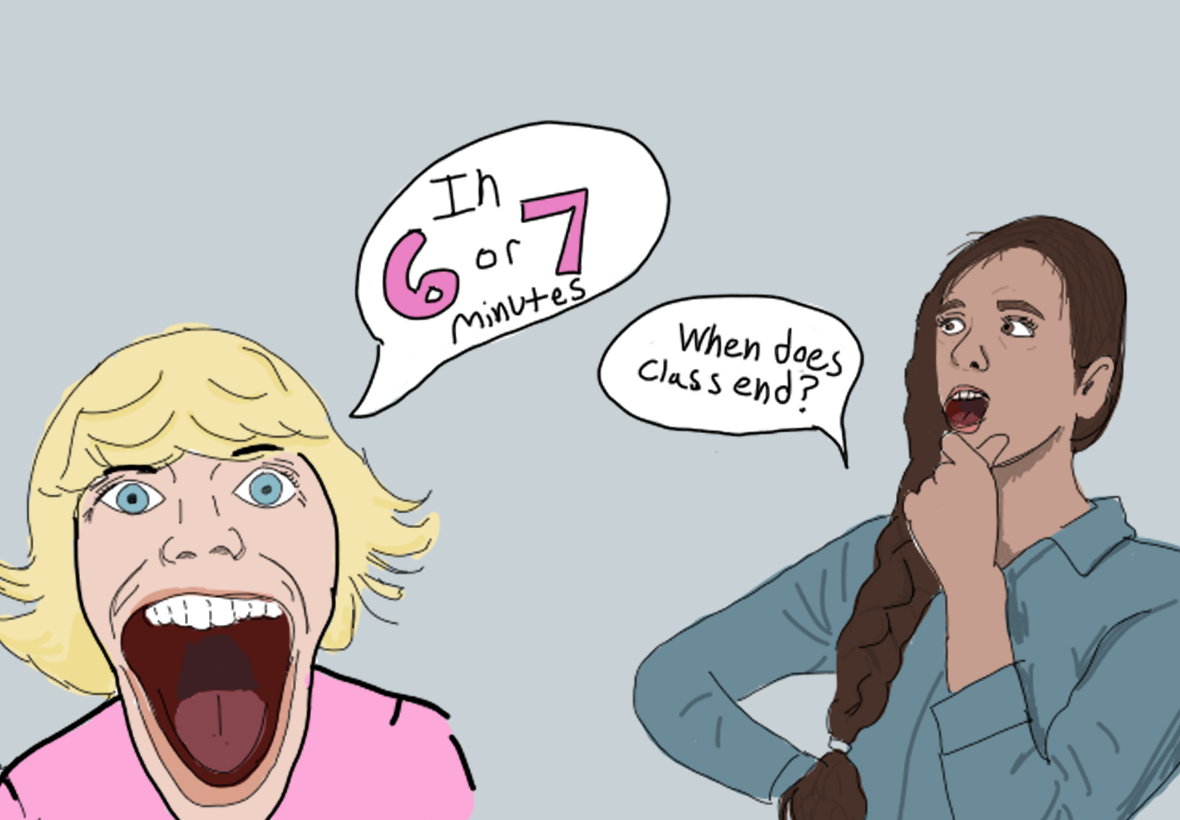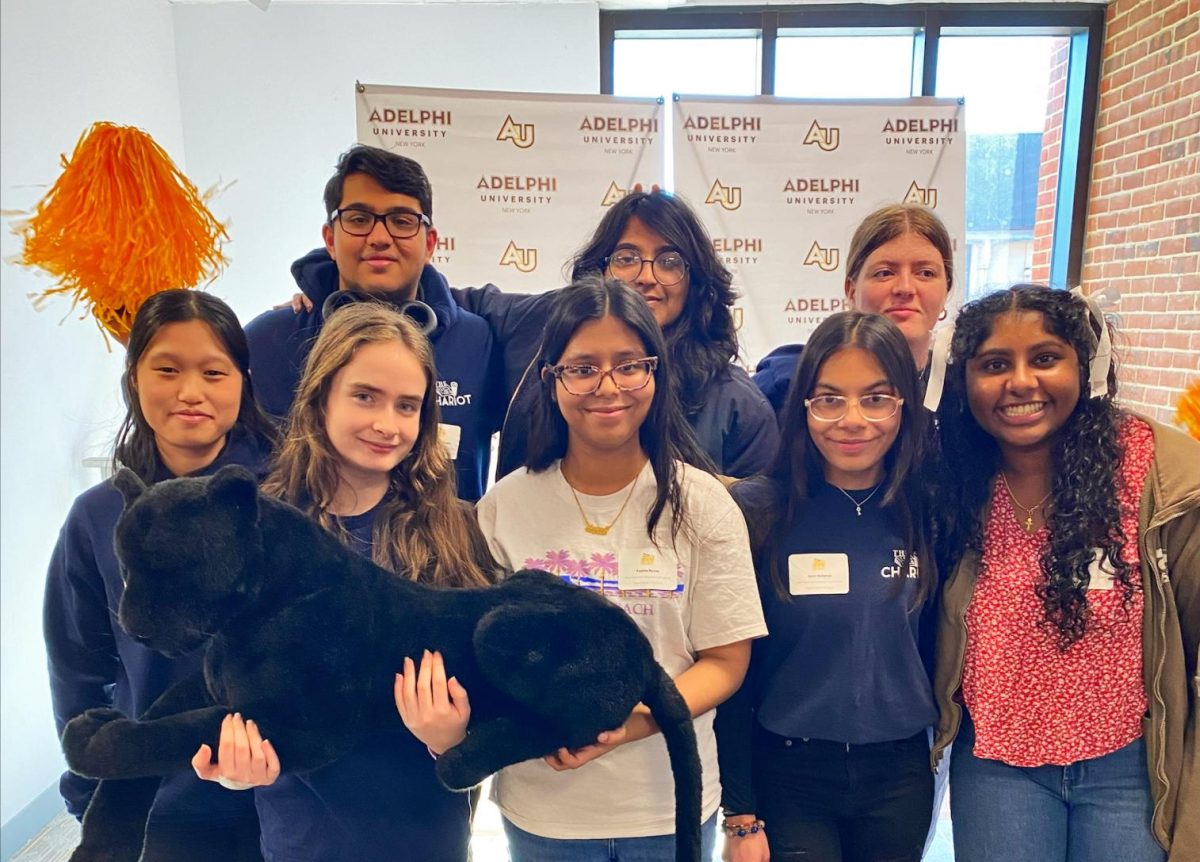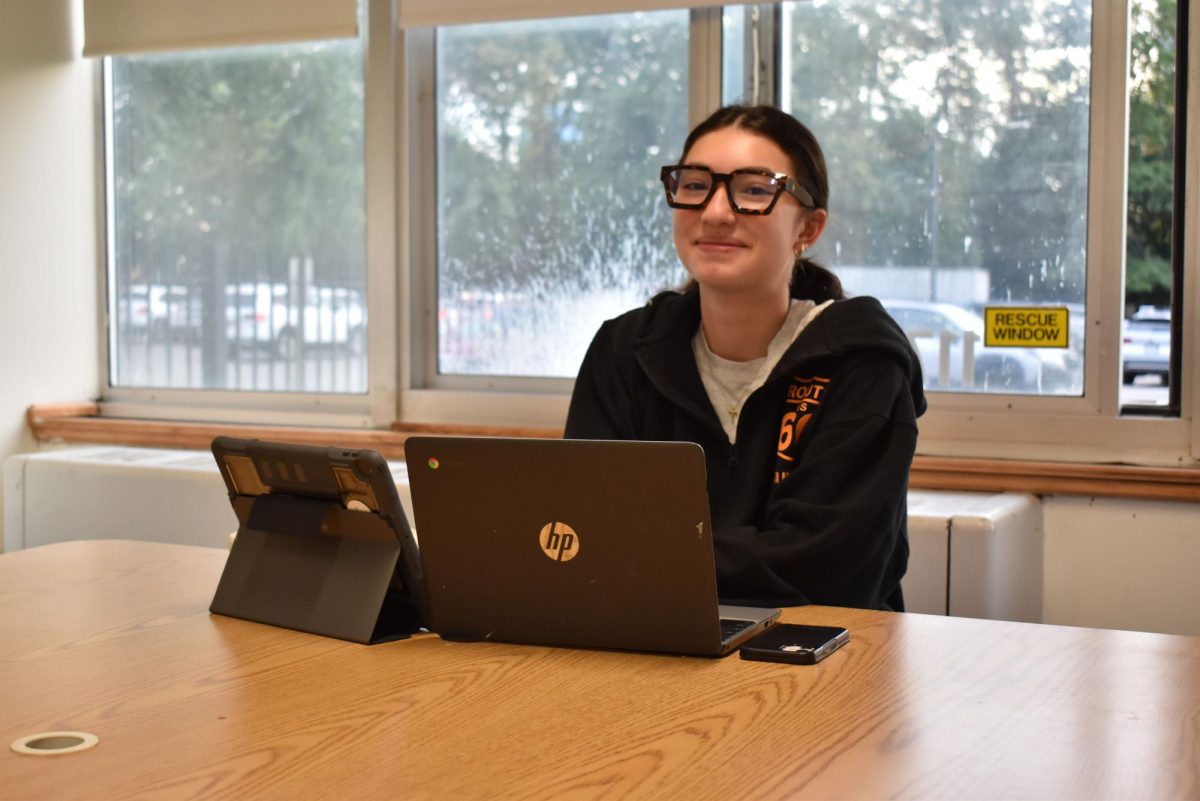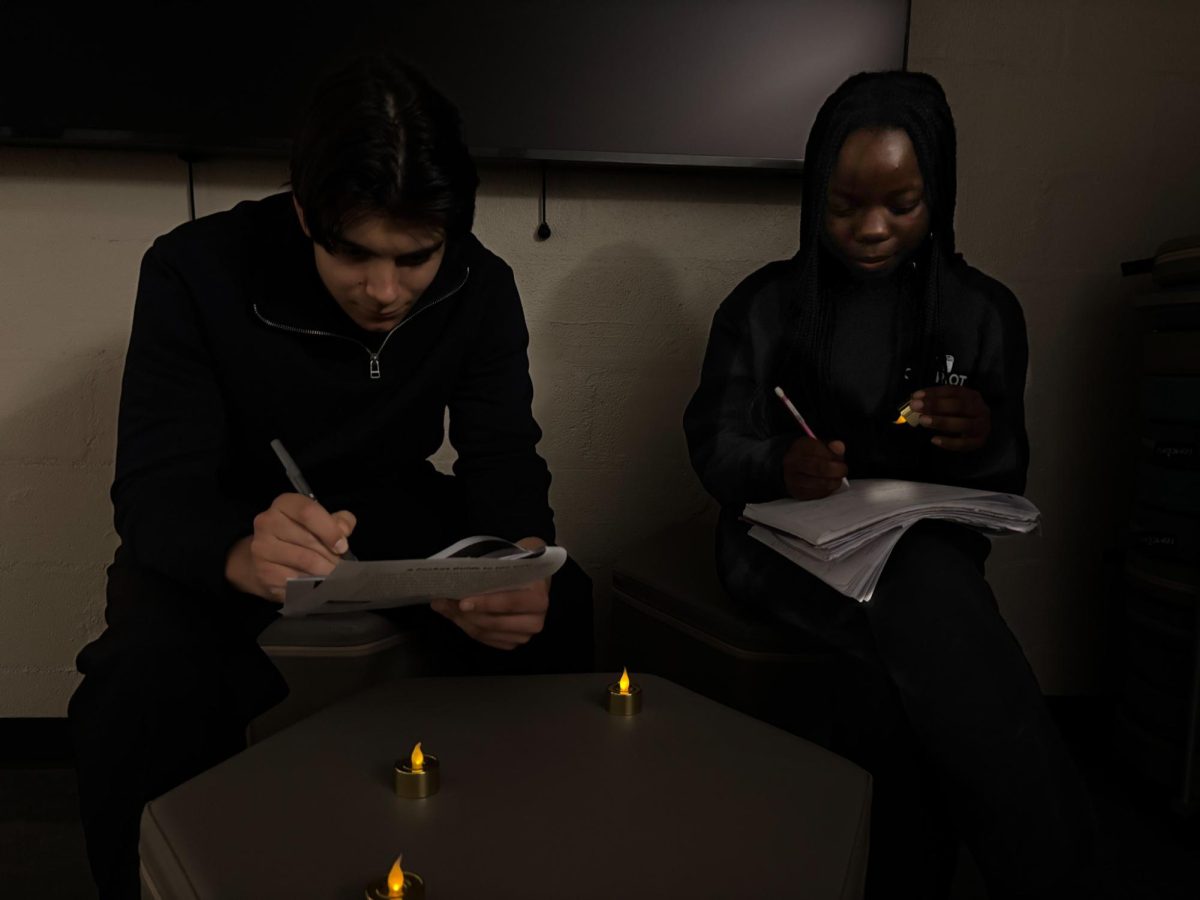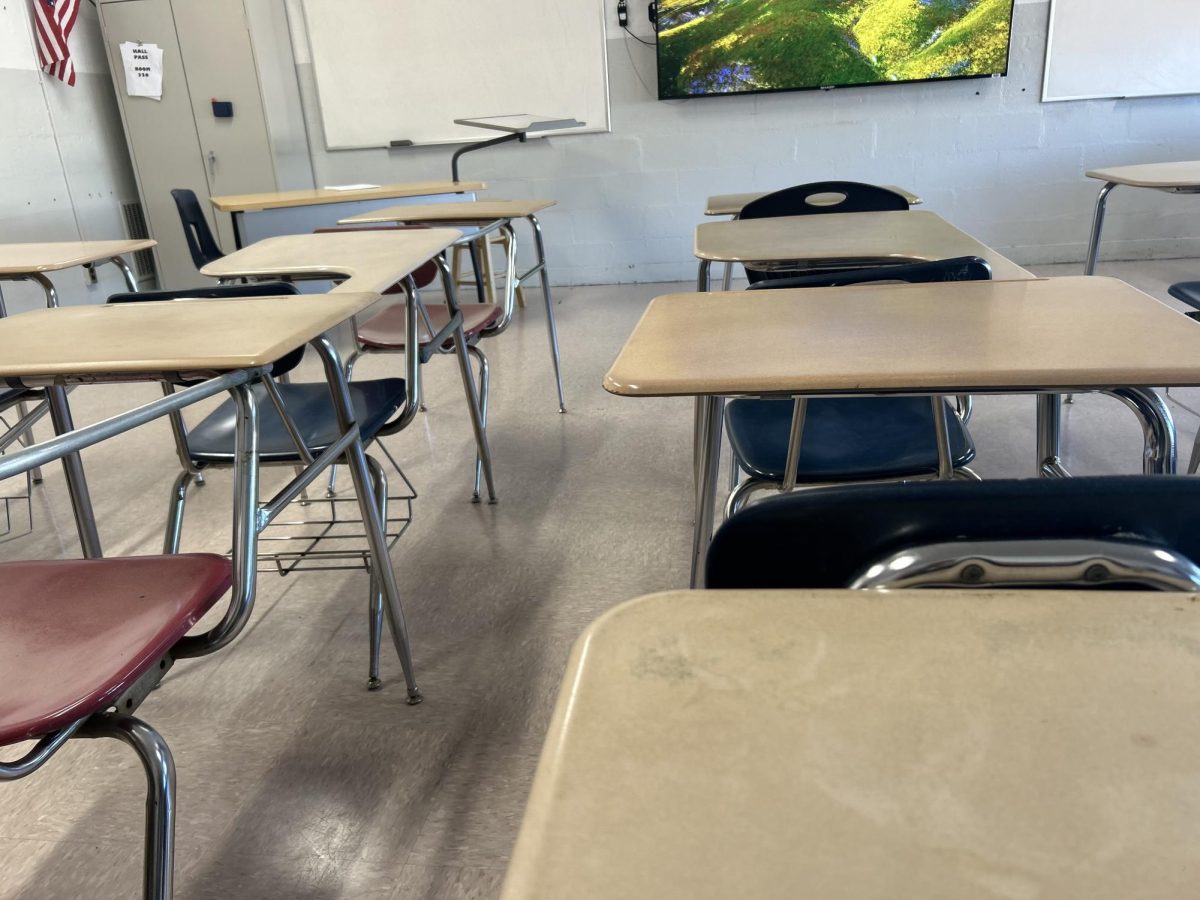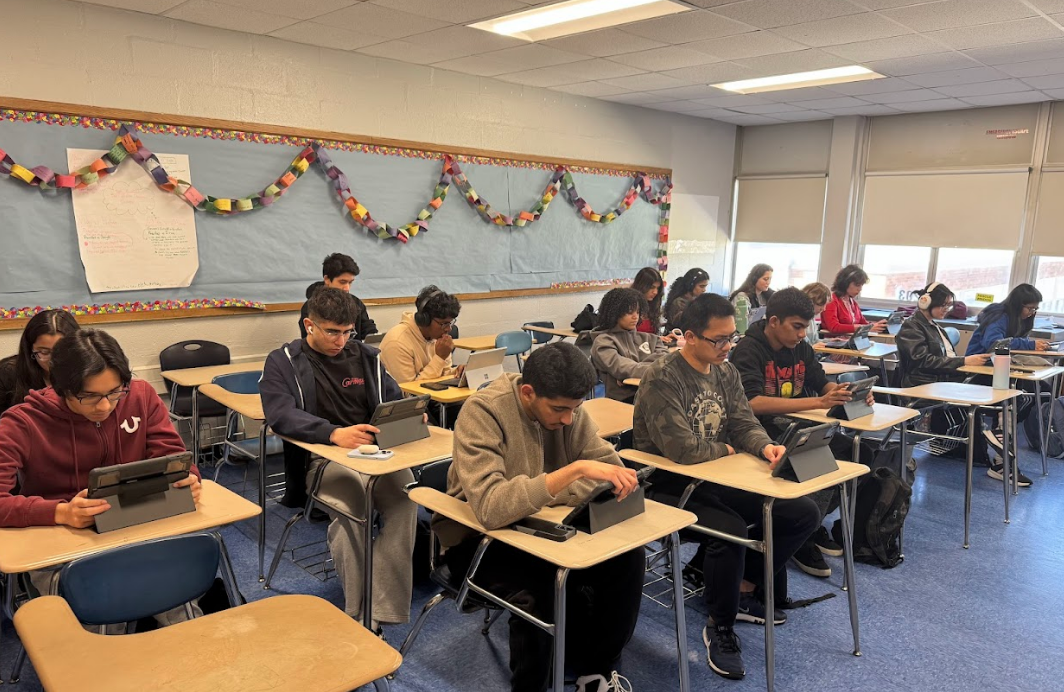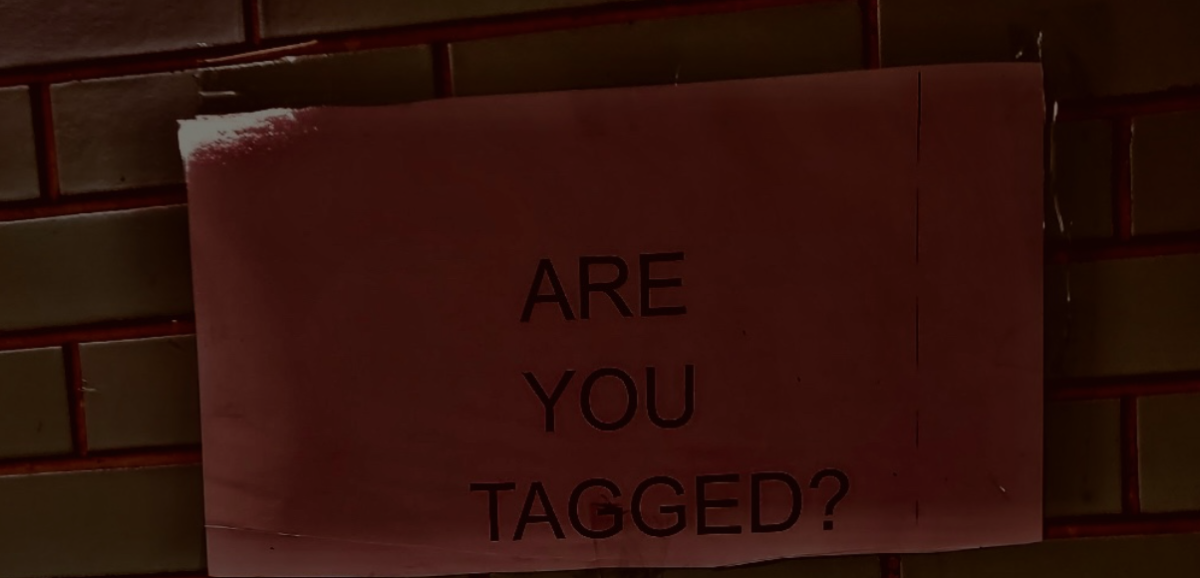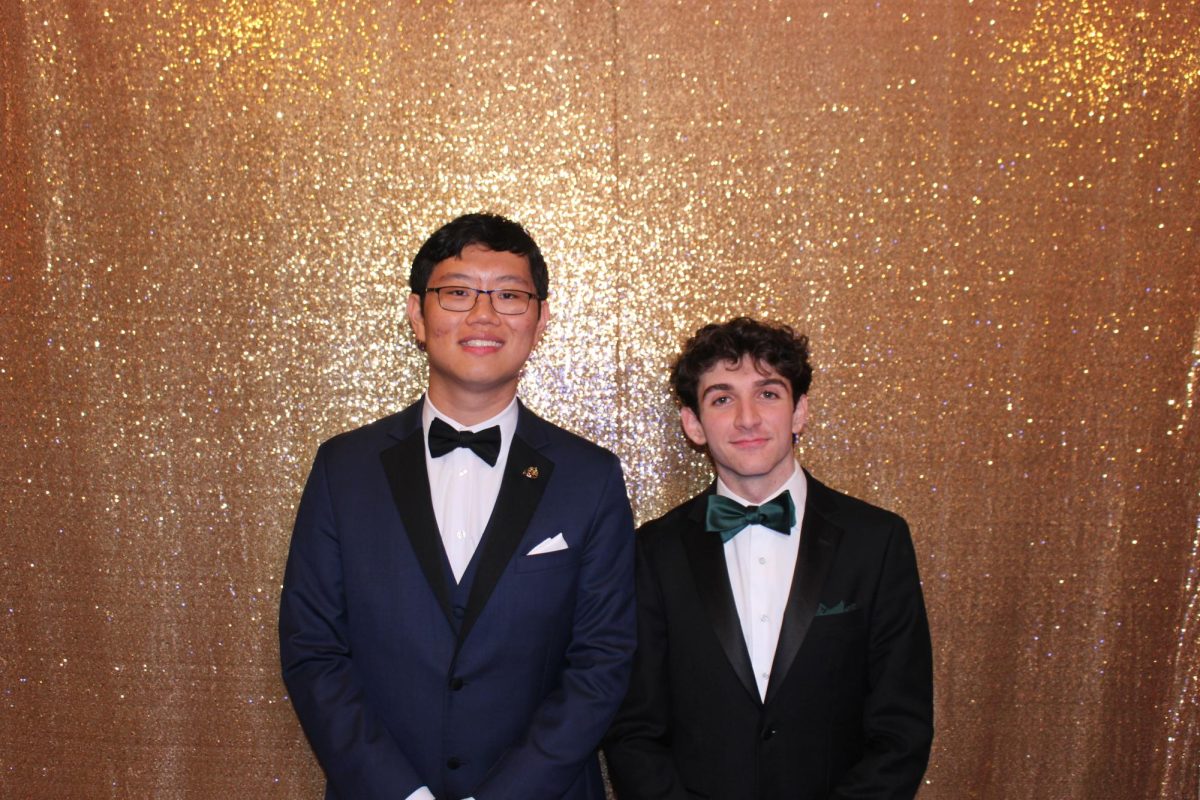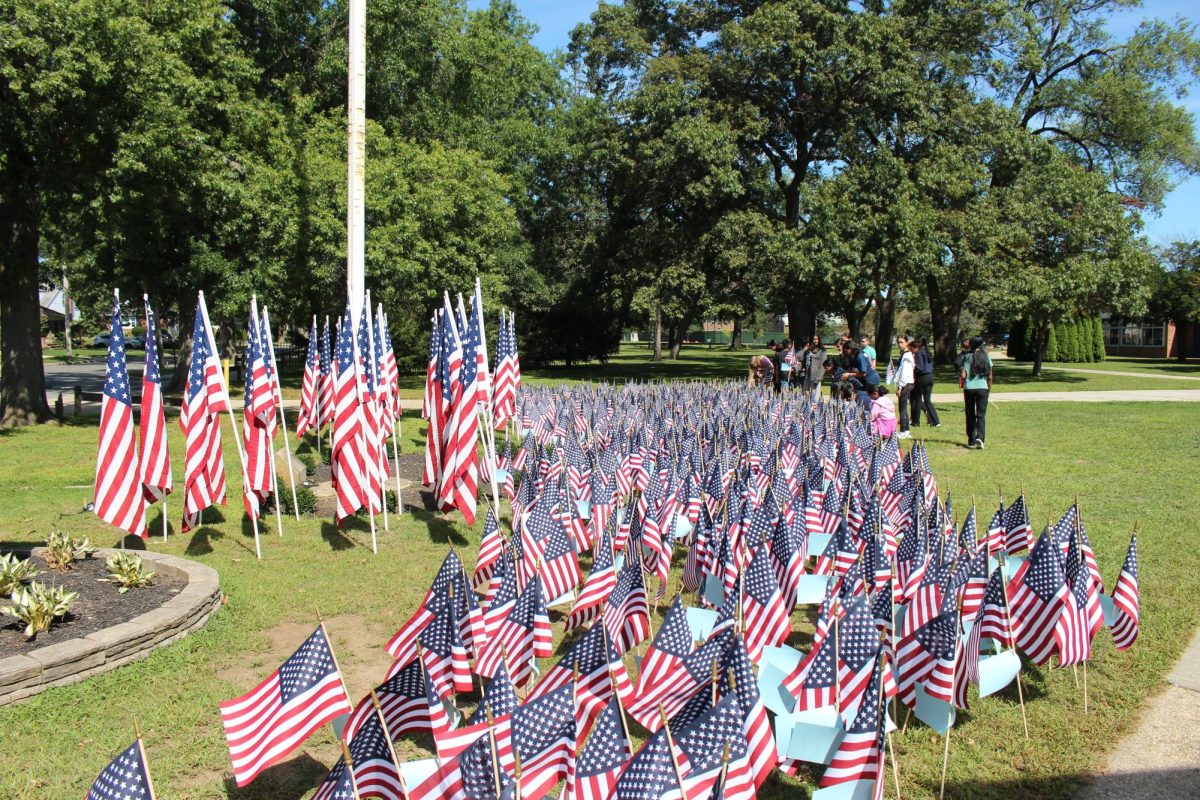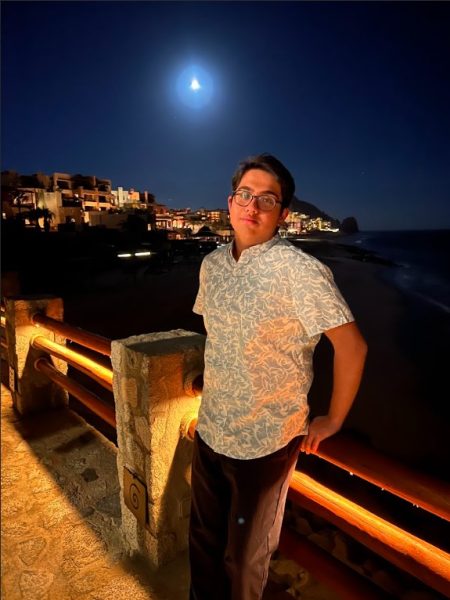Two of the most prestigious titles one can get in high school are valedictorian and salutatorian. These are given to the two students in a grade with the highest cumulative weighted GPA at the end of their junior year. The valedictorian of New Hyde Park’s class of 2025 is Marco Valle, with a GPA of 102.85; the salutatorian is Clayton Yu, with a GPA of 102.66. These individuals were interviewed about how they achieved this and what they plan to do in the future.
Q: What do you believe contributed to your success?
Marco Valle: Personally, what contributed to my success was recognizing when to call it quits. It’s so easy to feel like you have to give it 110% all the time, but that’s really unsustainable. Sometimes, something as simple as going to sleep at 12 o’clock instead of staying up late doing homework makes a difference. It could also be taking an extra hour or two to hang out with friends or loved ones, and maybe taking a break. These are some things I found led to great success.
Clayton Yu: Yeah, I completely agree. I would also add to that point that taking breaks or calling it quits also extends to knowing when to stop making commitments to other people or when to stop taking classes that aren’t right for you. I think part of my success came from realizing I don’t need to take every single difficult class, and I don’t need to say yes to every extracurricular. Instead, I stepped back to enjoy the activities I already had. One more point to add: I think a big part of my success was the support of my friends along the way.
Q: In your journey to becoming Val and Sal, what setbacks did you face? How did you overcome these obstacles?
CY: I think one setback I faced was time management. In 11th grade, when writing my AP research paper, I kind of pushed it off until the last moment. Even though I was able to write a great paper, I left it too late, and it was a really rough week doing that along with my science research paper. I think I’ve grown from that by developing better time management skills and learning not to push everything to the end and to make a schedule that helps things work out.
MV: I think my biggest setback was struggling with self-doubt at times, especially now, with social media and the internet. It’s so easy to compare yourself to the hundreds of thousands of other applicants across America, and you get stuck in that spiral of thinking, “I’m not good enough, I have to chase the next thing, I always have to be better.” But the truth is that every student is unique, and that’s what makes each person their own individual. It’s not that one student is better than another, it’s that each student is different, and that’s reflected in the college application process. I think after realizing that, I was able to step back and understand that I’m doing the things I like for myself, not just to look good for a college, and to be happy with myself at the end of the day.
Q: Adding on to that point, both of you have GPAs well above 100, meaning you took multiple advanced and AP classes; how did you manage your time?
MV: Find stuff that works for you. I found a lot of success using the Remind[ers] app. Some call it obsessive, but I really enjoyed laying everything out, it calmed me down at times. Seeing that I have to do X, Y and Z, and knowing that’s all I have to do, helped prevent the feeling of having a million things to manage. I think what helped me with the big course load was actually enjoying it. It’s a completely different story managing difficult coursework if you hate the class. Then it’s not about challenging yourself, it turns into resentment, and you resent the work. For me, I took classes I loved, like AP Euro and a bunch of history classes, and the work felt less like a chore and more like “this is something I get to do.”
CY: Adding on to that, the app I used was the Apple Calendar app. I literally shoved everything I had on there to make sure I had enough time, or if I didn’t, I’d sort out any conflicts. Additionally, one big thing students don’t always realize is that class time is not just for learning, it’s also for getting your work done. I don’t mean doing work for other classes, but if you don’t understand something your teacher just explained, ask questions. Make a note to search it up later, instead of spending an hour at home stressing out, saying, “I don’t understand this.” Stay on top of the work so that future assignments are easier.
Q: How were you told that you were the valedictorian and salutatorian of the school? How did you feel after this achievement, and what was going through your mind?
MV: I guess I’ll start with the beginning portion of it. Every year, it’s not announced to us, we get a pretty vague message, an invitation from DeGennaro or her secretary asking to come to a quote unquote “breakfast,” and it seems to be a pretty weird breakfast, and it’s just me, my mom, Clayton and his parents, and we look at each other, and at that moment we realize “Hmm, maybe this is not such a usual breakfast after all.”
CY: Yeah, and then adding onto that later on, we were finally told, “Hey, you’re the valedictorian and salutatorian,” and I think, maybe five minutes later, Ms. DeGennaro went onto the speakerphone and told the whole school that we were valedictorian and salutatorian, so we got maybe five minutes advance notice, but it was a great breakfast. I guess we both had our suspicions because our parents were asked to come, but it was really surprising and exciting.
Q: How do you believe the work you have done will impact your future? What are your plans after graduation and college?
MV: I think the work I’ve done, particularly in extracurricular involvement at the beginning of high school, I wasn’t planning on being involved in so many things, but it’s like the ball started rolling down the hill and it was hard to stop. I can sit here and say I don’t want to get involved in student government or student debate in college, but chances are there’s always going to be that MUN kid in me, the one who yearns for student government. Chances are, once I start in college, I probably won’t stop. As for jobs, I’m not exactly sure where I want to end up, but I know I want to be happy, have a good work-life balance, and never look back with regrets that I didn’t take advantage of opportunities.
CY: I think the main thing that really shaped my high school experience was building a good work ethic and strong habits. High school was really a place for me to explore what subjects I’m interested in so I can go deeper in college. I think whatever field a student wants to go into, high school and college are the places to develop a strong foundation that will affect the rest of their lives. Going into the future, whether I pursue biological research or the medical field, high school has already impacted me so much by introducing me to those ideas and helping me get a taste of what’s to come.

